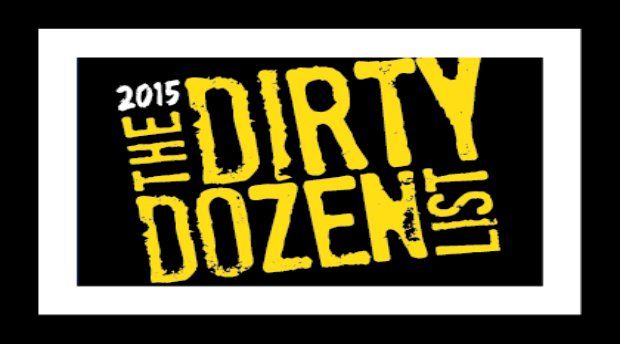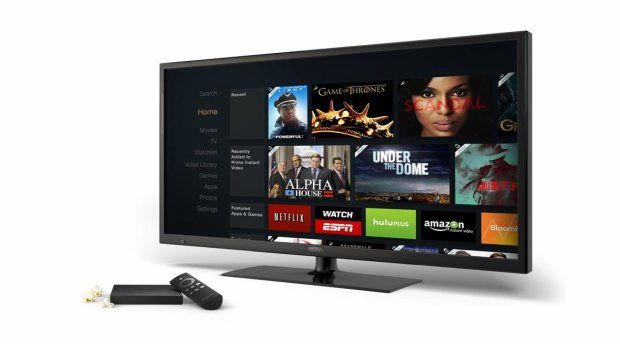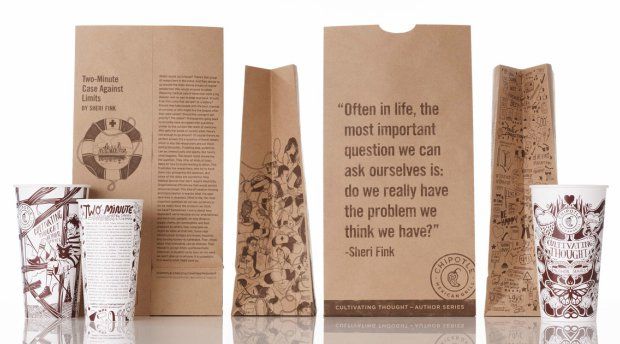Are Soft-Drink Companies Right In Targeting Hispanics and Black Teens?
Post Views 6
Putman’s statement is worth reviewing. Is it a case of sour grapes or self-retrospection? Putman’s says that during his tenure at Coke, between 1997 and 2001, the company treated these non-American groups as a “lifetime of opportunity.”
He said it was a planned strategy to increase, what he mournfully and rather sadly calls “share of stomach.” Realizing the callous and uncaring use of entire communities for corporate greed by a company he represented, Putman said, “Apologies are due. There is a “karmic debt” to be repaid.
Coca-Cola immediately went on damage control mode and said that the last time Putman stepped on to the factory was 12 years back. Much water has since flown under the bridge and the beverage business has undergone a sea change
Katie Bayne, Coca-Cola’s president of sparkling beverages in North America, said that there was no scientific evidence that says sugar beverages lead to obesity. She said that sugary drinks can be part of any good diet as, “long as calories-in balance with calories-out.”
Even though, her nutritional equation, suggesting that if we burn the calories, everything should be all right is correct in its accuracy – but the same logic can be extended to fried food, red meat, potato chips and junk food. However, on her scientific evidence, she is sadly way off target.
The Federal Centers for Disease Control says that, sugar-sweetened beverages are the primary source of added sugar to the American diet. In many studies conducted last year, Yale’s Rudd Center for Food Policy and Obesity, said that African Americans, who being higher consumers of the beverage, are at a higher risk for obesity and related chronic diseases.
The Rudd Center’s study confirmed what Putnam had said, soda companies were targeting African American and Hispanic children. Even for outdoor advertising, Black and Latino neighborhoods had the most advertisements for sodas, including sugary beverages.
Can this be categorized as unethical or in this highly competitive market, is it a good example of good marketing?
Whether we like it or not there is a cultural difference between the Whites and the Hispanics and African Americans. The latter groups are not much interested in dietary products, as there is dilution in taste one aspect of their food or drinks, on which they are not willing to compromise. Companies have tried to market its diet drinks, bottled water, juice and healthy snacks amongst them without much success. Sugary drinks — often the sweeter the better — do well with them. To them being lean and thin does not matter, but tastes do.
The soft-drink companies are in a fiercely competitive world. They adapt to the changing America. They know that it has changed both demographically and culturally, and have changed their marketing strategies to meet these new multicultural demands. In the bargain they are ending up reaping the benefits and the money.
So what is multicultural marketing? It is addressing the minorities, the afro-Americans, the Latinos, the Hispanics, the migrants, the undocumented laborers. Telling them that you are part of us and that there business is our business.
Stefan Friedman, a spokesperson for the New York City Beverage Association, opposing the Bloomberg ban, said, “The city is not going to address the obesity issue by attacking soda because soda is not driving the obesity rates.”
One does not think that the soft-drink companies owe any one an apology. They can surely do a better job of marketing their products among this community, by better warning them of the health dangers that its contents pose, but beyond that one does not think that it is their responsibility. The responsibility lies with the parents and the teens guardians. They are the ones who should be monitoring their children’s drinking habits. They should not be allowed to over consume. Soft-drinks are not tobacco, nor do they contain nicotine, it is not fair to tarnish or demonize it.
Are Soft-Drink Companies Right In Targeting Hispanics and Black Teens? by Harrison Barnes


 What Really Happens When We Receive Personalized Ads
What Really Happens When We Receive Personalized Ads  12 Companies That Profit Off Sexual Exploitation
12 Companies That Profit Off Sexual Exploitation  “Deadzone Diners” Takes a Different Approach to Cellphone Usage
“Deadzone Diners” Takes a Different Approach to Cellphone Usage  Advertisers Turn to Outlets Other Than Traditional Television
Advertisers Turn to Outlets Other Than Traditional Television  Next Level Text Allows Anyone to Fundraise
Next Level Text Allows Anyone to Fundraise  Project Gravitas Prepares for Black Friday with ‘Message in a PG Box’
Project Gravitas Prepares for Black Friday with ‘Message in a PG Box’  Fast Food Companies Look to Their Consumers for Advertising
Fast Food Companies Look to Their Consumers for Advertising